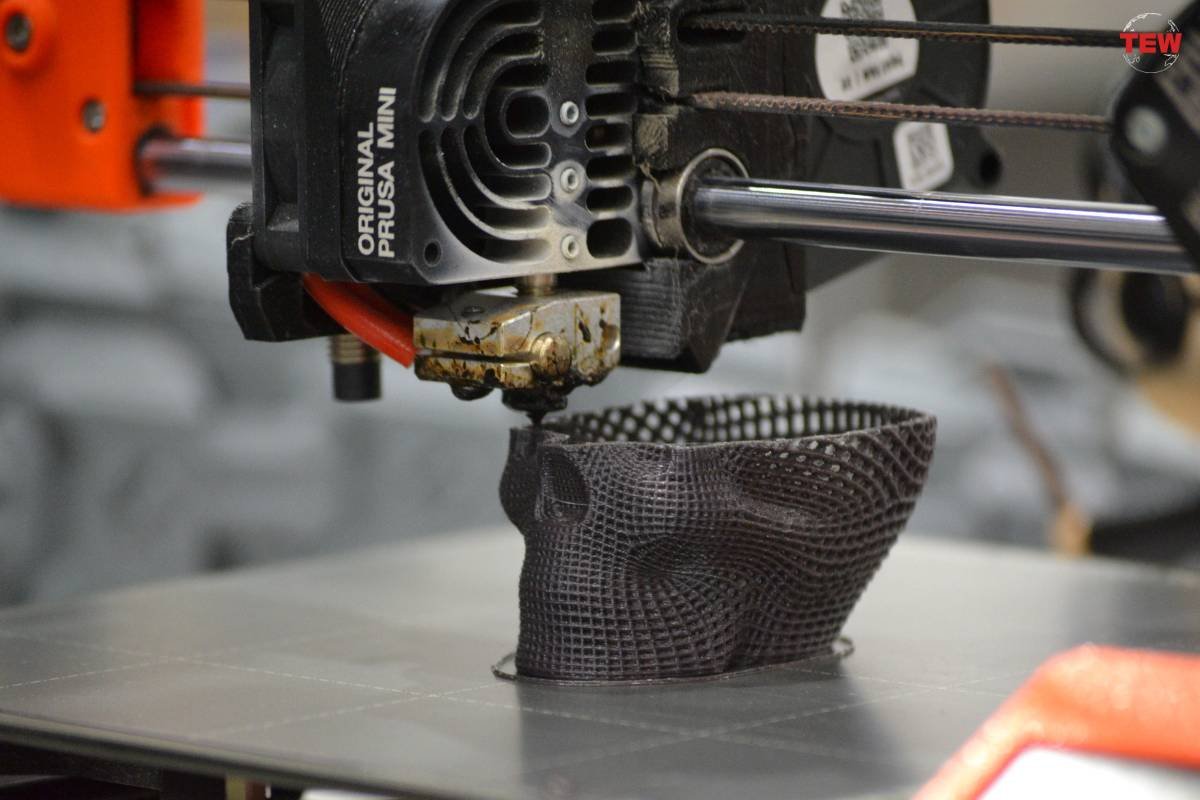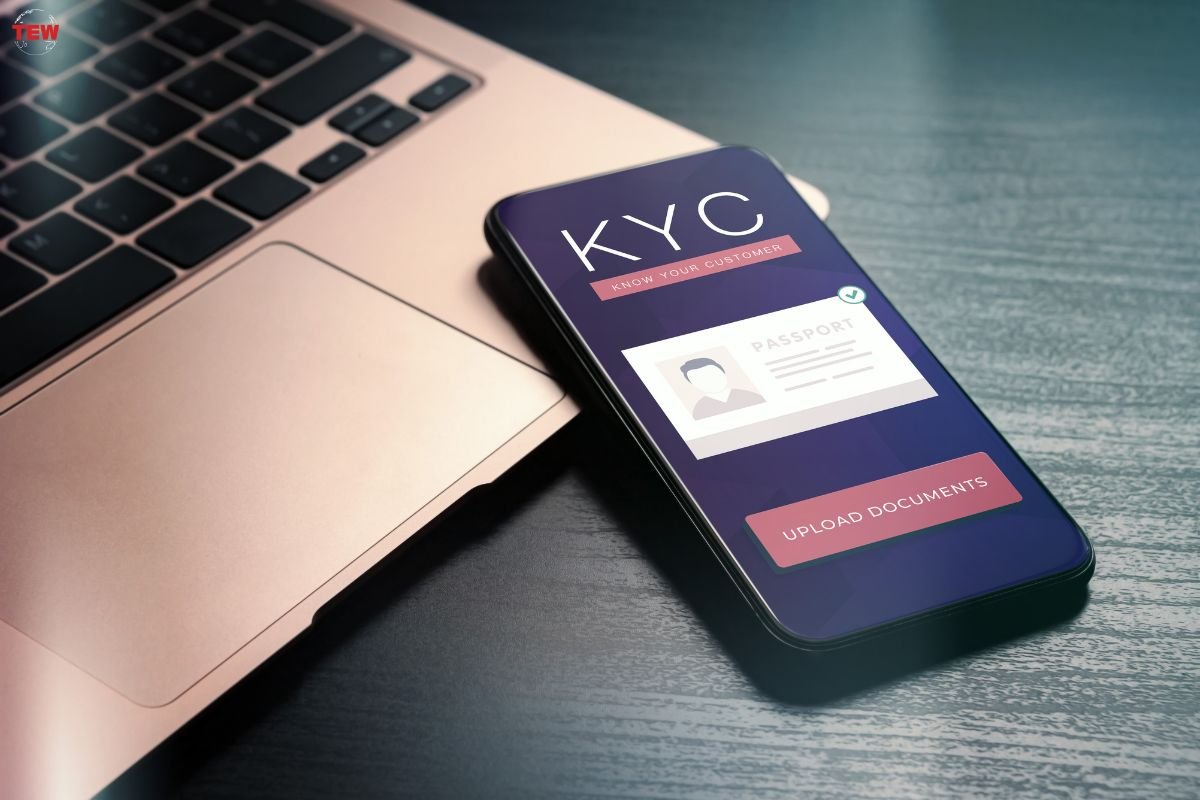Wayleadr, with one simple step. We are connecting our smart buildings with smart vehicles.
This time The Enterprise World went out in search of something out of the ordinary. We set out to find some compelling leaders and companies that are going to be the next big revolution.
Our one condition: Find something that keeps our environment at the top priority, and also aligns with a mission of going towards a clean and green future.
To find the next big revolution, luckily, we didn’t have to go too far. We met Garret Flower, CEO, and Founder of Wayleadr. Wayleadr as the name suggests is the pinnacle of technology that will change the way we look at the world, especially transportation. You ask, how?
In a revolting conversation with Garret Flower, CEO, and Founder of Wayleadr. Let’s get to know about the company, its services, and the man himself!
About Wayleadr
Wayleadr is pioneering solutions in last-mile automation that are combining emerging technologies, infrastructure, and people to bring about the next generation of mobility solutions reducing car dependency, reducing congestion, and carbon footprints for large or scaling companies.
Founded in Dublin, Ireland in 2016, with a second office in Manhattan, New York, Wayleadr operates in 15 different countries across Europe, the USA, Oceania, and Asia, servicing some of the world’s leading brand names including L’Oreal, Indeed.com, Europcar and more.
I lead the company, along with managing Last Mile solutions for more than 100,000 people worldwide. It is unique in its ability to connect the growing number of smart devices, cars, and infrastructure with its users to ensure companies can better manage commuting and transport capacity. To date, Wayleadr has raised a €4m seed round of funding and currently employs 15 full-time staff. For more information, please visit www.Wayleadr.io.
Going the Last Mile
“As the world grapples with how to move people about in smarter ways, last-mile automation is set to act as the bridge between smart cars and smart cities.”
Road transportation is an integral part of life and many people believe owning a car is a necessity. However, the environmental impact is huge, in the context of hundreds of millions of cars on daily journeys. Those journeys may well be necessary, but I believe incremental reductions in distance and time are possible, through last-mile automation.
Simply put, last-mile automation is an approach that employers and landlords can use to make it easier to travel to and from their buildings. It’s a new form of technology that makes buildings and vehicles smarter to ensure a frictionless end to every journey. In addition to this, it provides a lasting solution to avoiding traffic jams and is the key to sustainable urban transport management.
Think less driving, less traffic, less congestion, less frustration, more transformation, more electrification, and more freedom.
What is last Mile automation?
Last-mile automation is the elimination of guesswork and human error from journey planning, ensuring an improved travel experience, lower car usage, reduced community congestion and emissions, and accurate infrastructure planning.
Solving transportation problems
Up to 30% of traffic in the locality of your office is caused by employees looking for somewhere to leave their car. Lack of clarity around space availability increases car usage and extends the average journey by around 800m. The advanced route optimization software is key to making it to the office through multi-use vehicles that saves time and costs. It’s time to stop looking at car lots as a means to an end, and usher in a new era that places people, profit, and the planet at the heartbeat of every car lot.
Reducing environmental impacts
The carbon emissions generated from urban transportation are relatively high. 27% of greenhouse gas emissions come from workplace-related commuting in the U.S alone. Idling around office lots in search of spaces further increases the environmental burden of workplace commute.
Last-mile automation reduces the number of single-use cars that travel to offices. If buses are provided to make urban trips to different destinations, there will be a tremendous reduction in vehicles that cause traffic on these roads. Carpooling and eliminating single-person journeys will also lead to a much healthier environment.
Ultimately, last-mile automation will reduce the challenges associated with the final leg of every journey. The benefits of last-mile automation include:
Reducing car dependency
- eliminating congestion and carbon emissions
- reducing the cost of employee car lot facilities
- preparing companies for the future
As smart cities and smart vehicles continue to evolve alongside one another, last-mile automation will evolve with them. Its adoption on both sides of the fence will ultimately ensure a more sustainable and reliable future of transportation.
Last-mile automation provides solutions to businesses worldwide. To learn more, please visit Wayleadr.com.





